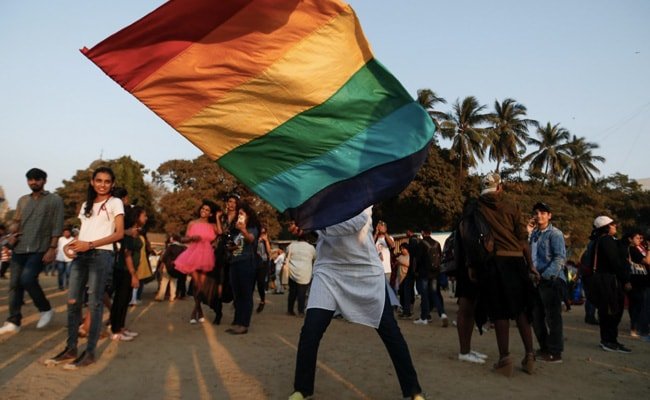The National Commission for Protection of Child Rights (NCPCR) in India has moved the Supreme Court to oppose the adoption rights of same-sex couples, citing concerns about limited exposure to traditional gender role models and the psychological and social effects on children raised by same-sex parents. The commission referred to a study by the Catholic University of America which found that emotional and developmental problems were twice as prevalent in children of same-sex parents than in children with opposite-sex parents. A five-judge Constitution bench of the Supreme Court is set to hear a batch of petitions seeking legal validation for same-sex marriages in the country, with the hearing and outcome having significant ramifications for the country, where common people and political parties hold divergent views on the subject.
It’s important to note that the study referenced in the plea by the National Commission for Protection of Child Rights (NCPCR) has been criticized for flawed methodology and biased conclusions by many experts in the field of child development and psychology. In fact, numerous studies have shown that children raised by same-sex parents fare just as well, if not better, than those raised by opposite-sex parents. The American Psychological Association has stated that “there is no scientific evidence that parenting effectiveness is related to parental sexual orientation.” It’s important to consider a range of research and perspectives when evaluating the potential impact of same-sex adoption on children. The five-judge Constitution bench of the Supreme Court of India began hearing the petitions seeking legal validation for same-sex marriages on April 18, 2023. These petitions were referred to a larger bench for an authoritative pronouncement on March 13, 2023, by the CJI-led bench, recognizing the issue as a very seminal one. The outcome of the hearing is expected to have significant ramifications for the country, as it is a highly debated topic with divergent views held by common people and political parties.
